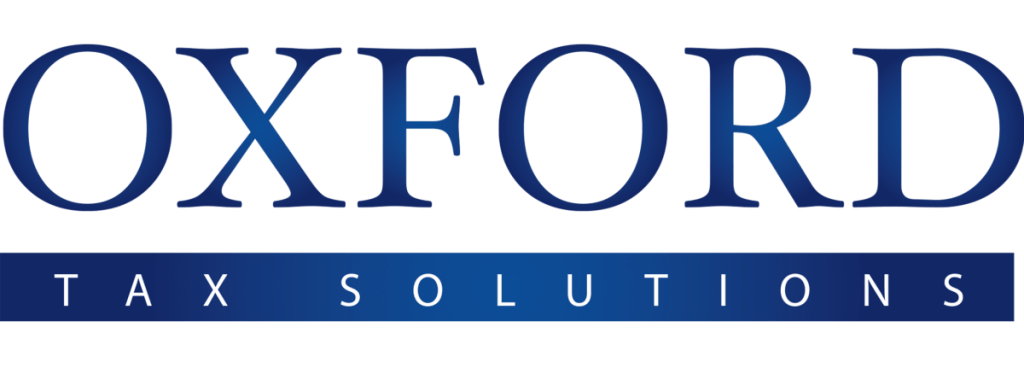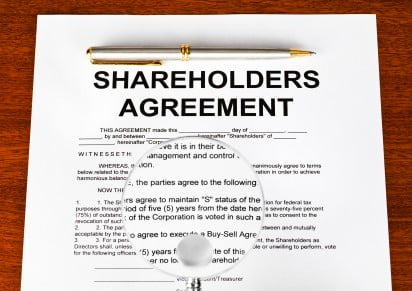Under the Cyprus Companies Law, Cap 113 (hereinafter the ‘’Law’’), all private limited companies are required to adopt articles of association (hereinafter the ‘’AoA’’) and a memorandum of association upon their incorporation. The AoA specify the regulations for a company’s operations and management and they set out the administrative and company law procedures for carrying out the business affairs of the company. Essentially, they are being drafted in accordance with the Law so that the provisions of Law are reflected in the regulations of a company. The AoA are public documents and the public can review them through the Registrar of Companies and Official Receiver of Cyprus.
A Shareholders’ Agreement (hereinafter the ‘’SHA’’) is a private contract between the members of a company. A SHA regulates the relationship between the shareholders as well as setting the grounds in the event of a deadlock. Whilst companies are not legally required to have a SHA (the Law does not make any references to SHA), it is important for the shareholders to enter into a SHA upon the incorporation of the company in order to be aware of their rights and obligations towards each other. It is not necessary that the company is a party to a SHA.
A timeless question that concerns the corporate world for decades is which one of the documents prevails in case of conflict? This question remains unanswered to this day with no definite answer however, it is worth examining several points that have been occurred from time to time.
In Punt v Symons, the company had entered into a contract with its managing director, who was also a shareholder, and his executors (after his death), by which the company undertook not to alter certain provisions of the articles that gave the managing director or his executors the exclusive right to appoint the directors of the company. After the death of the managing director, however, the remaining directors convened a general meeting at which the shareholders voted to alter these provisions of the articles, and the executors sought an injunction to prevent the company from doing so on the ground that it would be a breach of contract. The court held that a company’s statutory right to alter its articles could not be prevented by a private contract and such action would be invalid. Damages were considered a more appropriate remedy, for breach of contract. In this case the court favored the AoA of the company and essentially the respective law which gave the right to the company to alter its articles.
In Russel v Northern Bank Development Corporation, the company entered into a SHA with its four shareholders. The terms of the SHA included that “no further share capital to be created…or the rights attached to existing shares altered…without the consent of each party to the agreement…” so the company could not increase its share capital or could not alter any of the rights attached to the shares without the unanimous agreement of its shareholders. Moreover, the terms also included that “the agreement should take precedence over the company’s articles…”. It was held that the restrictions of the SHA not to increase the share capital of a company, were enforceable against the shareholders but not against the company. It could take effect only as a personal contract. An agreement where a company is a party and it fetters its statutory powers and rights is unenforceable. However, the members’ undertaking under the SHA was nevertheless enforceable so that it would have precisely the same result as though the company itself was bound.
The ”norm” as established by the courts was in favour of the articles, especially when the conflict is about a company’s right conferred by law. However, the case of Re Duomatic was the beginning of a foundation of the so-called Duomatic principle, where in the event that members do not pass a formal resolution in respect of a particular corporate issue which requires the same, the Duomatic principle would nevertheless allow such members to reflect their approval, if they unanimously express their consent to the matter in some other way. The Duomatic principle has its origins back in the landmark case of Salomon v Salomon where Lord Davey held ‘’the company is bound in a matter intra vires by the unanimous agreement of its members’’, essentially giving the control of a company to its members even if the company is considered as a separate legal entity separated from its members.
Specifically, the case of Re Duomatic it was concerned whether certain payments made to the directors were valid, even though the directors had no contracts with the company and no resolution had ever been passed authorizing them to receive such payments. The court held that the payments were to be regarded as properly authorized because they had been made with the full knowledge and consent of all the shareholders. Consequently, two requirements must exist for the Duomatic principle to apply. First, the consent of the shareholders must be unanimous and second, the shareholders must be fully aware to what they are consenting to. However, a mere internal decision of the shareholders in not sufficient by itself. As Newey J stated in Rolfe v Rolfe, ‘’a mere internal decision, unaccompanied by outward manifestation or acquiescence, to be enough would, as it seems to be, give rise to unacceptable uncertainty and potentially provide opportunities for abuse’’, giving a motivation for possible violation of the AoA and accordingly to any applicable law.
In Cane v Jones, according to the articles of the company the chairman had a casting vote at the directors’ and the shareholders’ meetings. The claimant of the case stated that a unanimous agreement between shareholders was made to effect that the chairman should no longer have a casting vote. It was held that a unanimous informal agreement was considered as valid and effective to amend the articles of the company since it had the effect of a special resolution. Thus, Cane v Jones expanded the Duomatic principle that an agreement of all of the shareholders is not limited only in regards to an administrative decision but it is sufficient to effectively amend the articles of the company.
In the Indian case of Premier Hockey Development Private Limited v Indian Hockey Federation, the court held the SHA was enforceable against the shareholder and the company since both of them were parties to the SHA and therefore legally bound by it when provisions of the AoA are not breached. This case reflected that a SHA cannot be enforced on a company when it is not a party to it while it can be enforced, if it is a party as long as the statutory rights of the company are not breached.
It is challenging to determine whether a company should be a party to the SHA or not. A company’s participation to the SHA exposes it to risk that it may be held to fetter the statutory powers conferred by law. Even if there is a prevailing clause in the SHA, it will be up to the court to ultimately decide on a case by case basis. Given the above, the AoA should be as much as possible a reflection of the provisions of the SHA. Due care should be taken when drafting both SHA and AoA to keep conformity. They should be as close as possible to minimize the risk of conflict and to protect the intention of the parties. No definite answer can be given to which one prevails in case of conflict, as this will be determined on a case-by-case basis, by the relevant court. Of course, a priority clause in the SHA is an important step, however, any term of the SHA, which contravenes or violates any statutory provision of the company will be invalid and unenforceable



